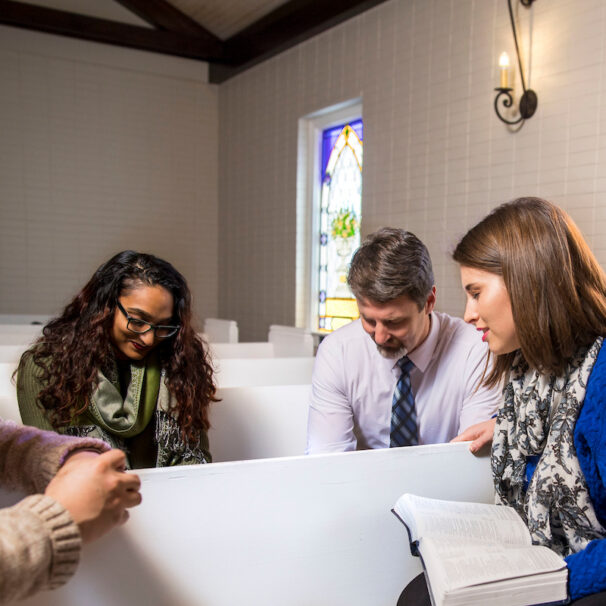HealthProviders DB is a comprehensive database of healthcare providers, including a complete directory of all Pastoral Counselors.
Counselor Healthcare Taxonomy Code 101YP1600X
As of today, the following are the total number of Pastoral Counselors nationally, in your State, and near your location.
Select a State below to view the list by State. Additionally, you can narrow the list by city, among other options, from the Filter Panel, which you can open by clicking the vertical ellipses ⋮ in the upper right corner of the app.
Alaska – Alabama – Armed Forces Pacific – Arkansas – American Samoa – Arizona – California – Colorado – Connecticut – District of Columbia – Delaware – Florida – Federated States of Micronesia – Georgia – Guam – Hawaii – Iowa – Idaho – Illinois – Indiana – Kansas – Kentucky – Louisiana – Massachusetts – Maryland – Maine – Marshall Islands – Michigan – Minnesota – Missouri – Northern Mariana Islands – Mississippi – Montana – North Carolina – North Dakota – Nebraska – New Hampshire – New Jersey – New Mexico – Nevada – New York – Ohio – Oklahoma – Oregon – Pennsylvania – Puerto Rico – Palau – Rhode Island – South Carolina – South Dakota – Tennessee – Texas – Utah – Virginia – Virgin Islands – Vermont – Washington – Wisconsin – West Virginia – Wyoming
Medicare
The following are the total number of Pastoral Counselors who accept Medicare in your State, the number who have opted out of Medicare, and the total number excluded from participation in Medicare nationwide.
The diagram below shows all the Pastoral Counselors across the country, represented by blue bubbles. The larger the bubble, the greater the concentration of providers in that area. Red bubbles represent Medicare-excluded providers, with the larger bubbles indicating a higher percentage of excluded providers in that region. You can change the bubble size to be based on exclusions from the Size menu.
What do Pastoral Counselors do?
A pastoral counselor provides holistic spiritual and emotional support by integrating religious principles with professional psychological counseling methods.
They help individuals and families navigate life challenges, spiritual crises, and personal struggles by addressing how faith, values, and purpose intersect with their experiences.
Pastoral counselors, who may be clergy or other religious leaders with mental health training, offer compassionate guidance in settings such as churches, hospitals, and private practices.
What they do
Collaborate with other professionals: Work with healthcare providers to ensure comprehensive client care.
Integrate faith and therapy: Combine spiritual practices and theology with clinical psychology to offer guidance and support.
Provide spiritual and emotional care: Offer compassion and comfort to individuals facing grief, loss, or complex life changes.
Address spiritual questions: Help clients explore their relationship with their faith, purpose, and values.
Offer crisis intervention: Support individuals during personal or spiritual crises.
Facilitate growth: Assist clients in developing coping strategies, resilience, and spiritual development.
Work in diverse settings: Serve people in religious communities, hospitals, substance abuse programs, and private practices.
Who they help
- Individuals seeking to understand their challenges from a spiritual or faith-based perspective.
- Those dealing with issues of meaning, purpose, guilt, and spiritual distress.
- Couples and families facing marital, relationship, or family-related conflicts.
- People experiencing grief, loss, or illness.
Qualifications
Pastoral counselors typically have a combination of religious education and clinical training, often including:
- A post-graduate degree from a seminary or related institution.
- A master’s degree in a mental health discipline.
- Extensive supervised clinical training and certification through organizations like the Association for Clinical Pastoral Education (ACPE)

